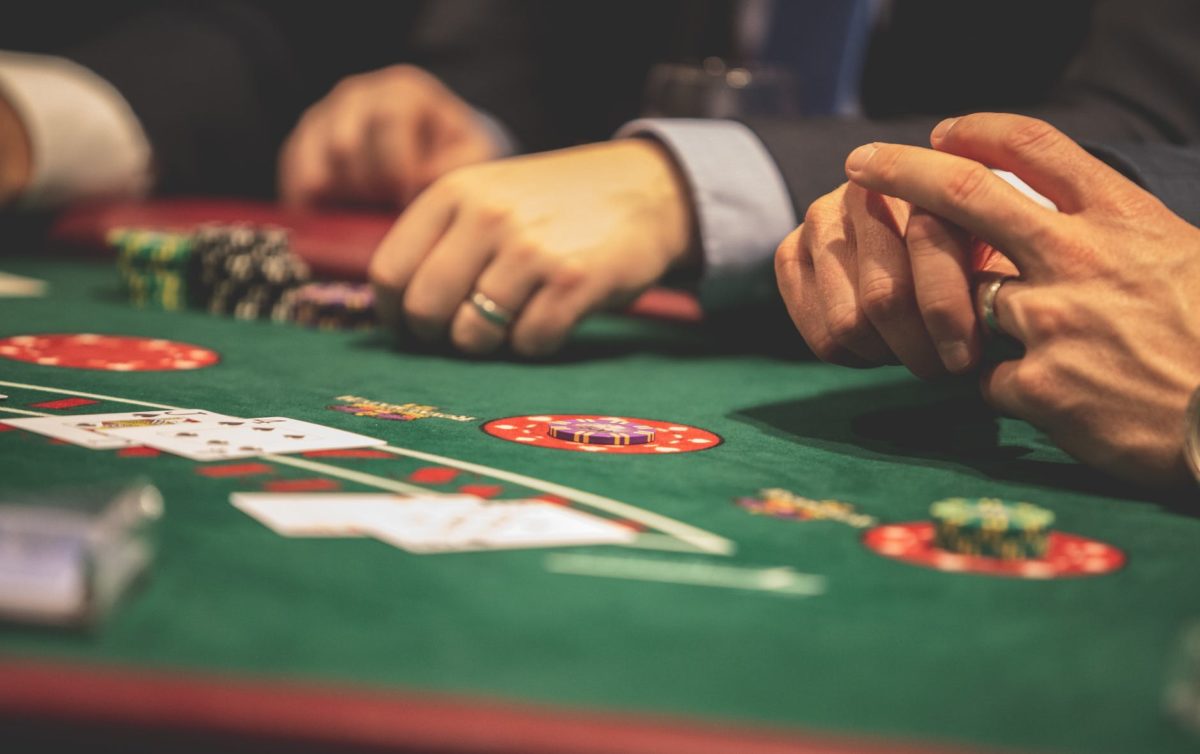
Aug 2019
AA Meetings, 12 Steps, and Traditions What are AA Meetings? What happens at AA Meetings? How long do these meetings last? What is the difference between Open and Closed AA meetings? Alcoholics Anonymous (AA) is an international organization…
Read More
Aug 2019
Gambling Addiction: The Bad, The Ugly and The Treatment Gambling Addiction is more common than most of us know! To start with, what is gambling? Gambling is defined as risking something of value, usually, money, on the outcome…
Read MoreAddiction Treatment | Recovery CentersLearn About
The National Institute on Drug Abuse defines addiction as a chronic, relapsing, brain disease that is characterized by compulsive drug seeking and use, despite harmful consequences. Structural and functional changes occur in the brain due to drug use.
Drugs affect brain chemistry through a complex system. The effects of dopamine lie at the center of this process. There are several receptors in the brain, known as dopamine receptors. Drugs have been shown to damage these dopamine receptors in the brain.
The disruption in dopamine from using drugs can, therefore, corrupt the messages sent to different parts of the brain. Due to this, there can be an alteration in decision making, learning, behaviors, and the reward system.
Some substances that people can become addicted to include alcohol, bath salts, benzodiazepines (Xanax, Ativan, Klonopin, Valium), cannabis, cocaine, hallucinogens, inhalants, K2, kratom, methamphetamines, nicotine, and opioids (heroin, fentanyl, oxycodone, hydrocodone). Non-substances which individuals may struggle with include video games, internet, pornography, excessive masturbation, sex, gambling, and others. To address these, AddictionBlueprint provides various options for addiction treatment in Frisco, Texas.
It is essential to get proper treatment to aid recovery and maintain sobriety. Treatment for substance use disorder and other addictions can be inpatient or outpatient. There are various treatment options to help with recovery.
Available treatment options for substance-related and addictive disorders include: Residential Treatment Centers (rehab), Partial Hospitalization Programs (PHP), Intensive Outpatient Programs (IOP), Supportive Outpatient Programs (SOP), Ambulatory Detox, Dual Diagnosis, Suboxone Clinics, Sober Living Homes, Transitional Houses, Addiction Psychiatrists, Nurse Practitioners, Physician Assistants, Psychologists, Counselors/Therapists, Addiction Interventionists, and Support Groups.
AddictionBlueprint is an evidence-based resource providing knowledge, recommendations and practical guides for addiction and recovery. For more information regarding substance use disorders, other addictive disorders, as well as treatment options, check out our blog and YouTube channel.